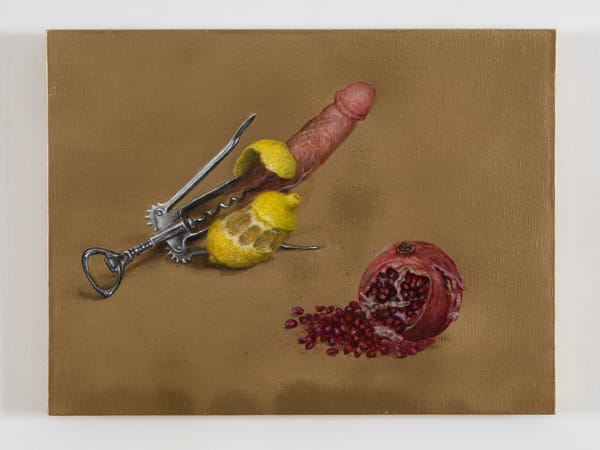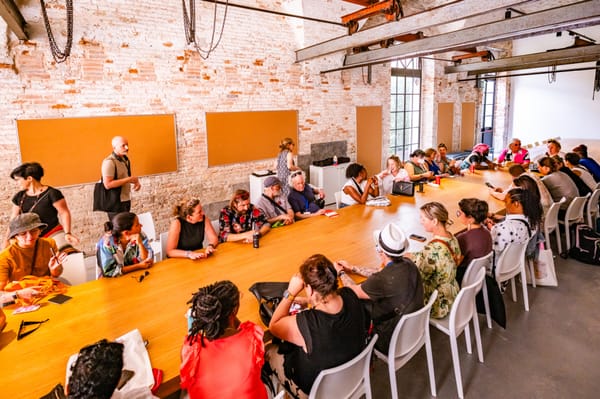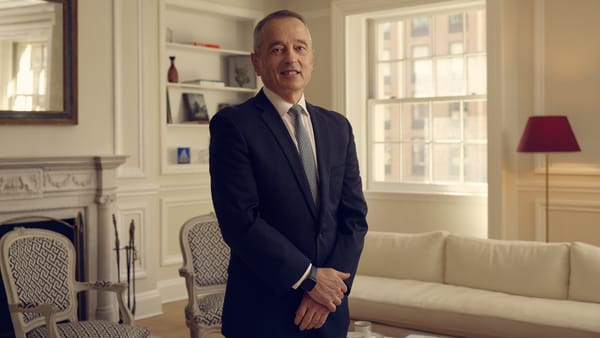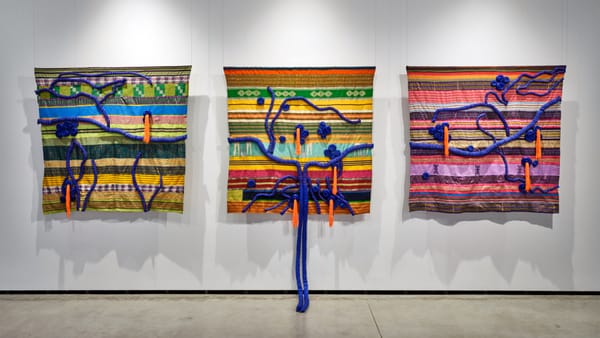Cuban Security Forces Raid Artist-activist Headquarters
Members of the San Isidro Movement had been trapped inside the apartment for over a week, surrounded by Cuban state security, after staging a peaceful demonstration.
The headquarters of the San Isidro Movement in Old Havana, where a group of 14 artists, poets, journalists, and activists had gathered in protest, was raided by Cuban security forces Thursday night, November 26.
The members of the dissident group San Isidro Movement had been trapped at the apartment for over a week, surrounded by Cuban state security, after staging a peaceful demonstration demanding the release of Denis Solís, a young Cuban rapper jailed for insulting a police officer. When Cuban state police intercepted a neighbor's attempt to drop off food and supplies for the protesters, eight of the activists declared a hunger strike; some also refused to drink water.
On Thursday, Cuban authorities entered the apartment and forcefully evicted the activists from their headquarters on the grounds of health violations related to coronavirus, a justification the group described as "absurd."
“They entered by force, breaking the door,” said Iliana Hernández, a journalist and one of the hunger strikers, in a Facebook video. “Many military people dressed as if they were doctors, wearing gowns.”
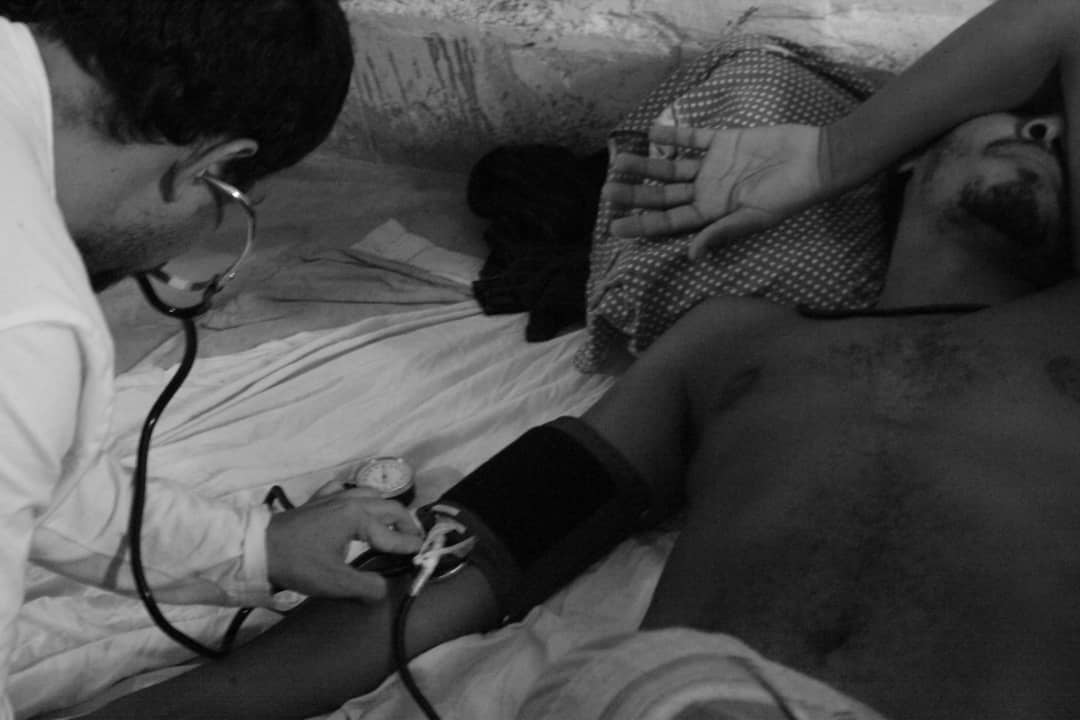
On Friday, hundreds gathered in solidarity with the activists as part of a sit-in in front of the Ministry of Culture in Havana. The next morning, Cuban officials met with 30 of the protesters, including artist Tania Bruguera and journalist Katherine Bisquet, to discuss their demands. Vice Minister of Culture Fernando Rojas reportedly agreed to protect artists from harassment in the future and to reconsider Solís's imprisonment, rare concessions in a nation notorious for its repression of civil liberties.
However, in a press conference on Sunday at the Instituto de Artivismo Hannah Arendt, Bruguera said the vice minister's promises quickly fell through.
"There are police in the homes of the artists, journalists, and art critics," Bruguera told the local outlet 14ymedio. "Luis Manuel Otero Alcántara is held against his will in a hospital, when it was requested that he return home. Conclusion: in less than 24 hours, the accords have been broken."
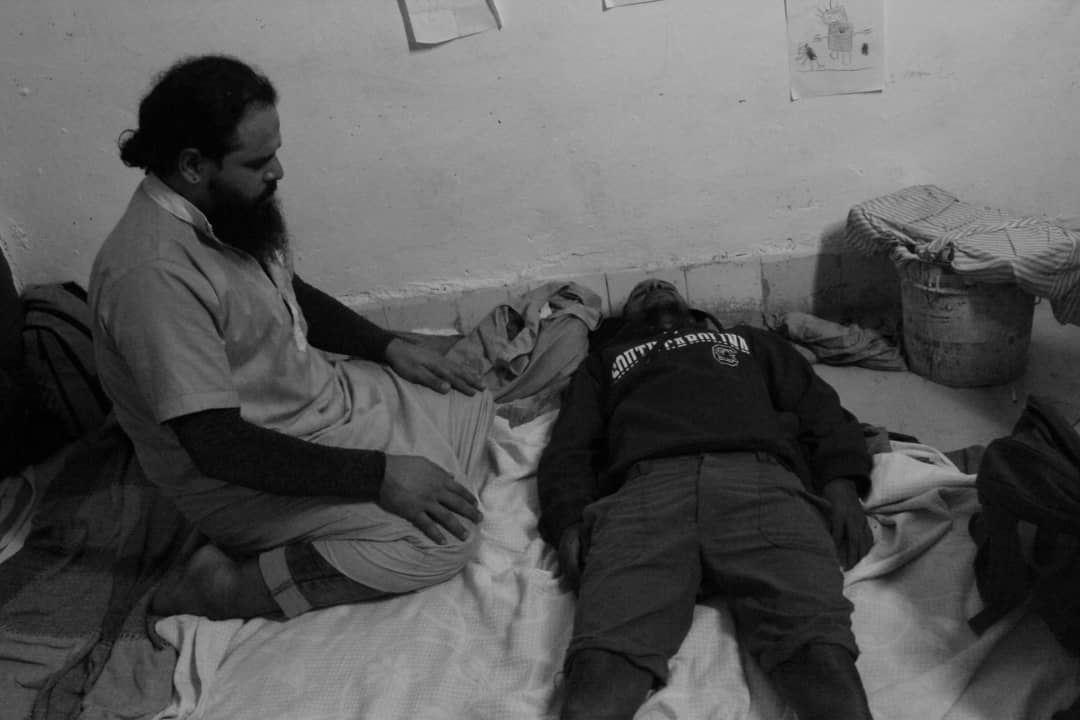
Alcántara is a member of the San Isidro Movement, an artist collective founded in 2018 to protest Decree 349, a law that grants the state unlimited control over creative activity in Cuba. In the last three years, he has been arrested several times by Cuban police, charged with offenses including "desacato" (contempt) toward the government, and has become a prominent figure in the fight for freedom of expression in Cuba.
Bruguera also denounced the Cuban government's defamation campaign against the San Isidro Movement. In a special program broadcasted by the state-run Televisión Nacional this weekend, the activists were described as a group of "mercenaries" acting as "pawns" for Washington. Cuban media has consistently suggested that the hunger strike and protest this month was orchestrated and sponsored by the US government.
Several nonpartisan human rights organizations, including Amnesty International and PEN America, have condemned Solís's arrest and Cuban authorities' ongoing persecution of artists, journalists, and dissident voices.
“This case looks more like a legal ambush than the administration of justice,” said Julie Trébault, director of the Artists at Risk Connection program at PEN America. “Denis Solís’s video appears to indicate that this officer had no right to enter his home, and yet he was arrested. Solís had his right to a fair trial trampled, and yet he was convicted."
Jake Sullivan, US President-elect Joe Biden’s national security adviser, tweeted, “We support the Cuban people in their struggle for liberty and echo calls for the Cuban government to release peaceful protestors. The Cuban people must be allowed to exercise the universal right to freedom of expression.”


